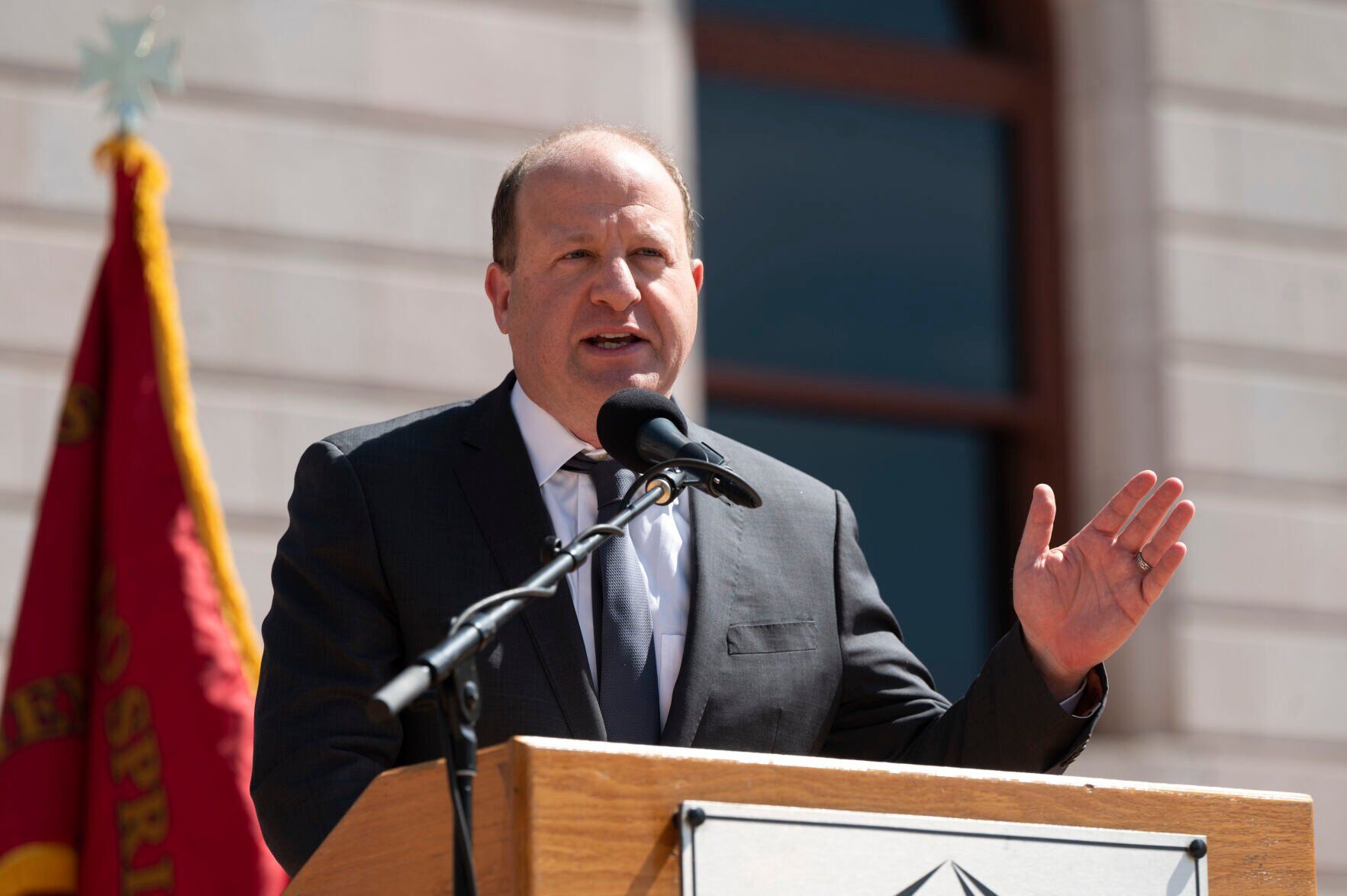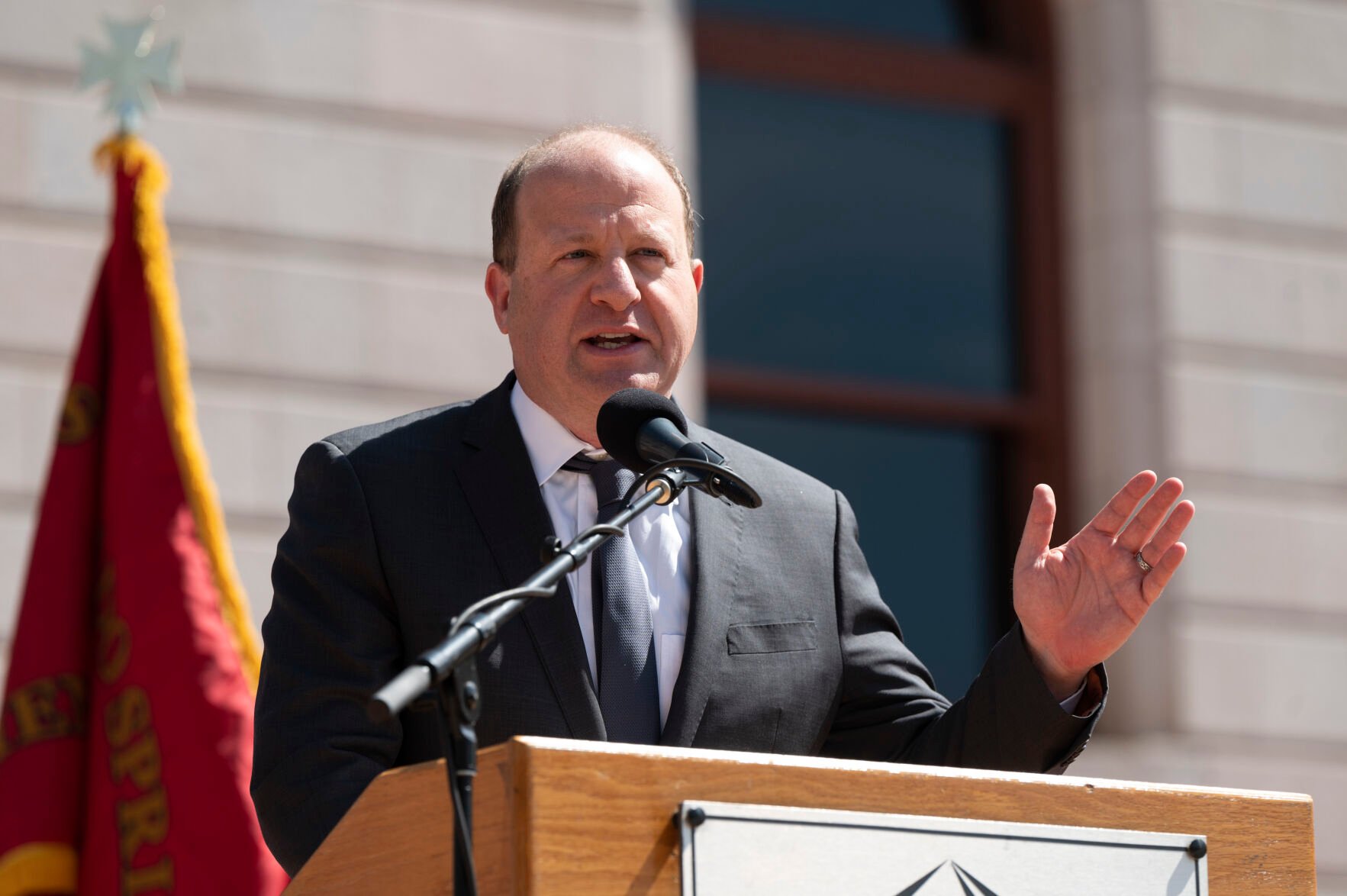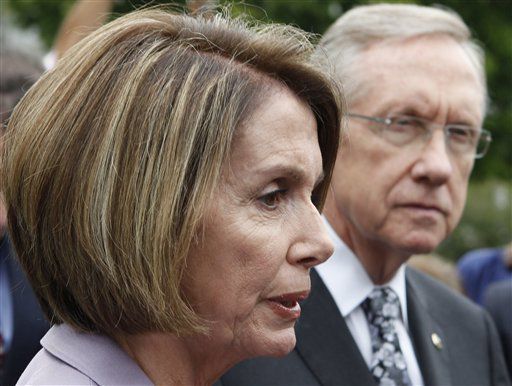Polis OKs backdoor unionization | Denver Gazette

Colorado’s taxpayers get stuck with a hefty tab whenever unions collectively bargain on behalf of public employees. And it’s a raw deal.
Even if a case could be made that state and local government workers’ pay lags inflation – which is probably true for workers in general – unionization takes away the discretion of the elected officials who are supposed to keep a tight rein on public spending. They are locked into across-the-board pay and benefit hikes by labor contracts – even if tax revenue takes a dive in an economic downturn. So, taxpayers still have to make good on it.
Such is the reality for a large swath of Colorado’s public sector. Our Democratic governor and Legislature granted collective-bargaining power to unions on behalf of state executive branch employees in 2020 and extended it last year to cover employees of larger counties.
Yet, there was a reasonable hope Gov. Jared Polis would draw the line there. When a bill emerged in this year’s recently concluded legislative session to impose, essentially, collective bargaining-lite on all of Colorado’s cities, school districts and higher-ed campuses, we called on the governor to veto the effort. Last week, unfortunately, he disappointed us.
Stay up to speed: Sign-up for daily opinion in your inbox Monday-Friday
Polis signed Senate Bill 23-111 into law, no doubt pleasing the public-employee unions that now will add even more dues-paying members to their rolls – but setting up taxpayers for yet another budget buster.
To be precise, SB 23-111 stops just short of collective bargaining. For now. It lays the groundwork, however, by slyly creating all the trappings. With a wink, it affords “protections” for city, school, university and other kinds of public employees who openly gripe about their workplace; who take steps to form or bring in a union, and who participate in organizing. The measure also purports to shield employees from retaliation, discrimination and intimidation by their employers – as if most of Colorado’s public employees ever had to fear for their jobs.
With most of the components of collective bargaining in place, all lawmakers now will have to do in a future legislative session is pass a “housekeeping” bill – a minor event often enough overlooked by the press and public – and insert the one missing piece: state recognition of the employees’ union as their collective-bargaining agent. It would complete the creeping unionization of state and local government in our state – slamming the door on fiscal restraint.
When that happens, we can expect union reps to hammer out legally binding labor contracts with pliant bureaucrats in even the smallest, rural school districts; at every city hall; at state universities and colleges. And they will award ever-higher pay and benefits across the board, regardless of individual merit – handing the bill to the taxpaying public.
Just look what collective bargaining already has done to state government. Colorado WINS, the official bargaining agent for state workers, hasn’t wasted any time since 2020 dragging the state to the bargaining table. In 2021, it got a 3%-a-year, across-the-board wage hike; a $15 minimum wage, and a doubling of leave time, among other benefits, for what was at that time 33,000-plus state government employees. Last year, the state agreed to up the ante with a 5% pay hike this year and 3% more next year.
Collective bargaining for public employees is a bum deal for taxpayers in another way, too: It compensates all employees the same, regardless of how well, or poorly, each does the job.
Wouldn’t rewarding and retaining the best performers – as in much of the private sector – better serve the public?
Denver Gazette Editorial Board














